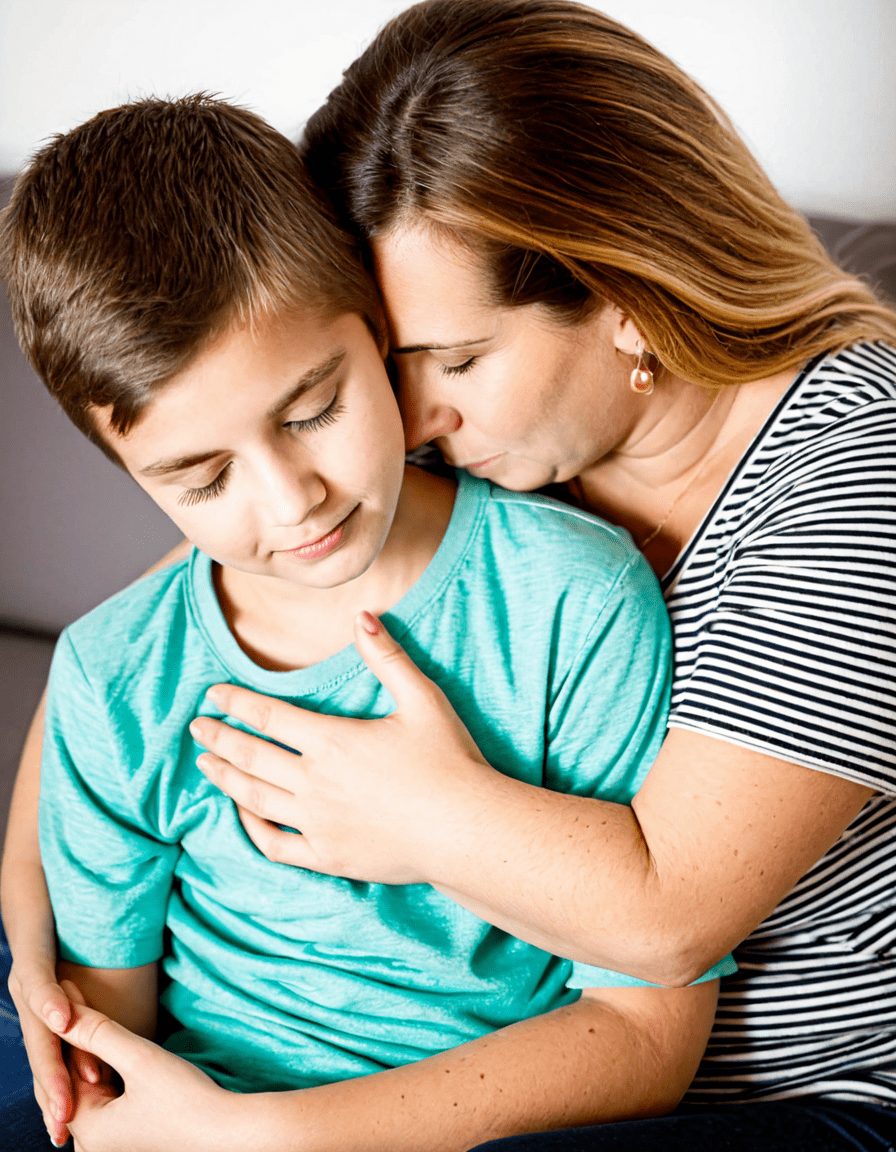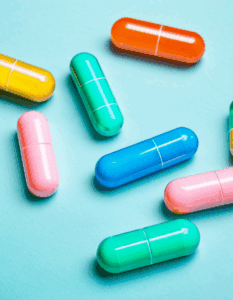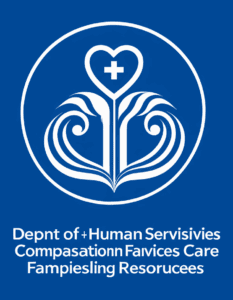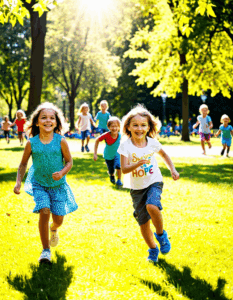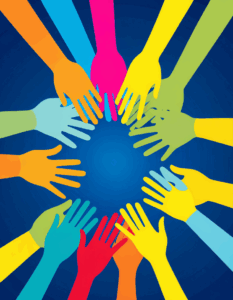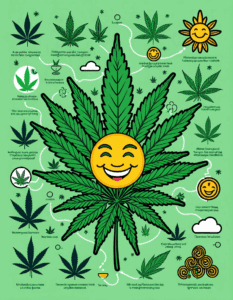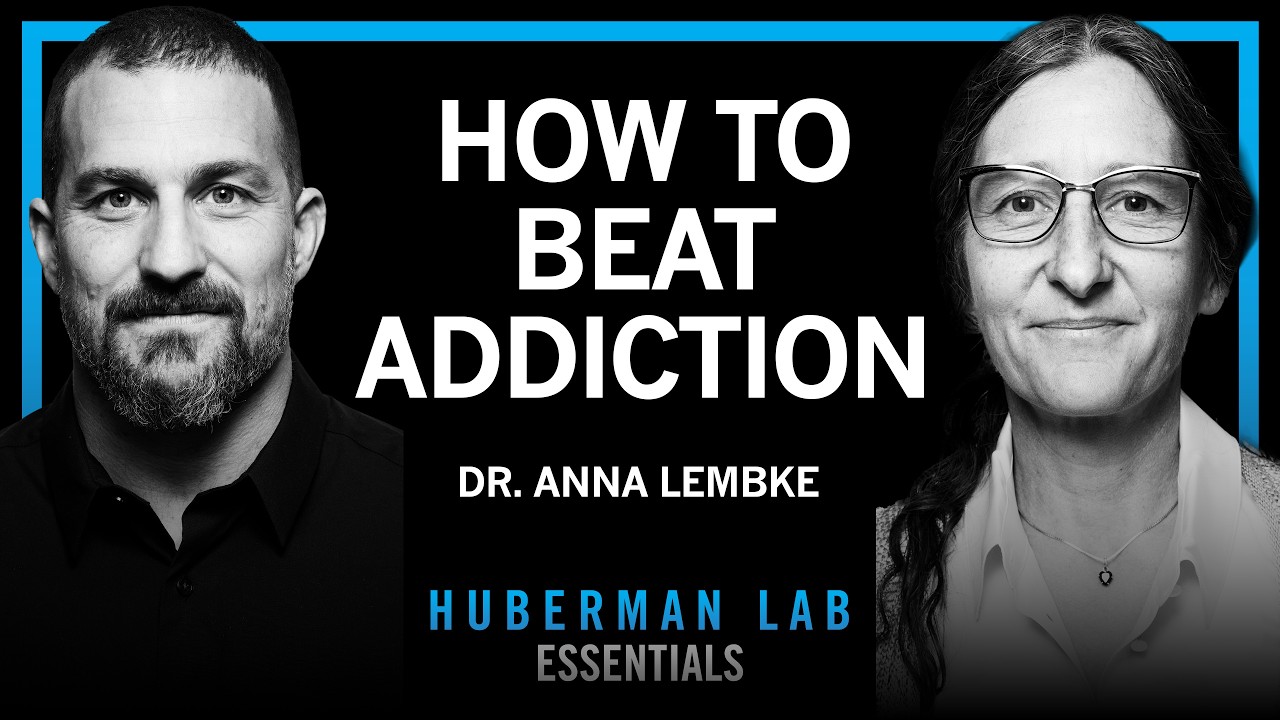
Understanding Addictions Treatment in Today’s Landscape
Addictions treatment has changed a lot over the years. With more understanding of human psychology and advances in science, we know that addiction isn’t just about physical dependence. It’s a blend of environmental, psychological, and biological factors. This shift in perspective means treatments today focus more on addictions treatment that encompasses not just the symptoms but the person as a whole. For many families struggling with a child’s addiction, it’s a hopeful time as we see deep-rooted changes in how we approach recovery.
Take a moment to appreciate how far we’ve come. With new research, professionals are exploring various treatment models tailored to individual needs. Consider the connection between ADHD and addiction—this interplay is crucial for many young people. Addressing both in a comprehensive program can make a world of difference. Treatments that combine medical, psychological, and social support help pave the way for lasting recovery, giving families like yours hope for a brighter future.
It’s essential for parents to know that you’re not alone. Organizations like Mothers Against Addiction offer resources and community that can lead you through the tumultuous waters of addiction. By framing conversations around empathy and understanding, we’re not just tackling the addiction itself; we’re addressing the underlying issues and fostering resilience in everyone involved.

Top 7 Types of Addiction and Their Impact on Treatment
Understanding the different types of addiction is key to effective addictions treatment. Here’s a look at seven major forms of addiction and what they mean for treatment approaches:
By recognizing these varying types of addiction, parents and caregivers can better navigate addictions treatment options, paving the way for tailored approaches that truly resonate with the struggles their children face.
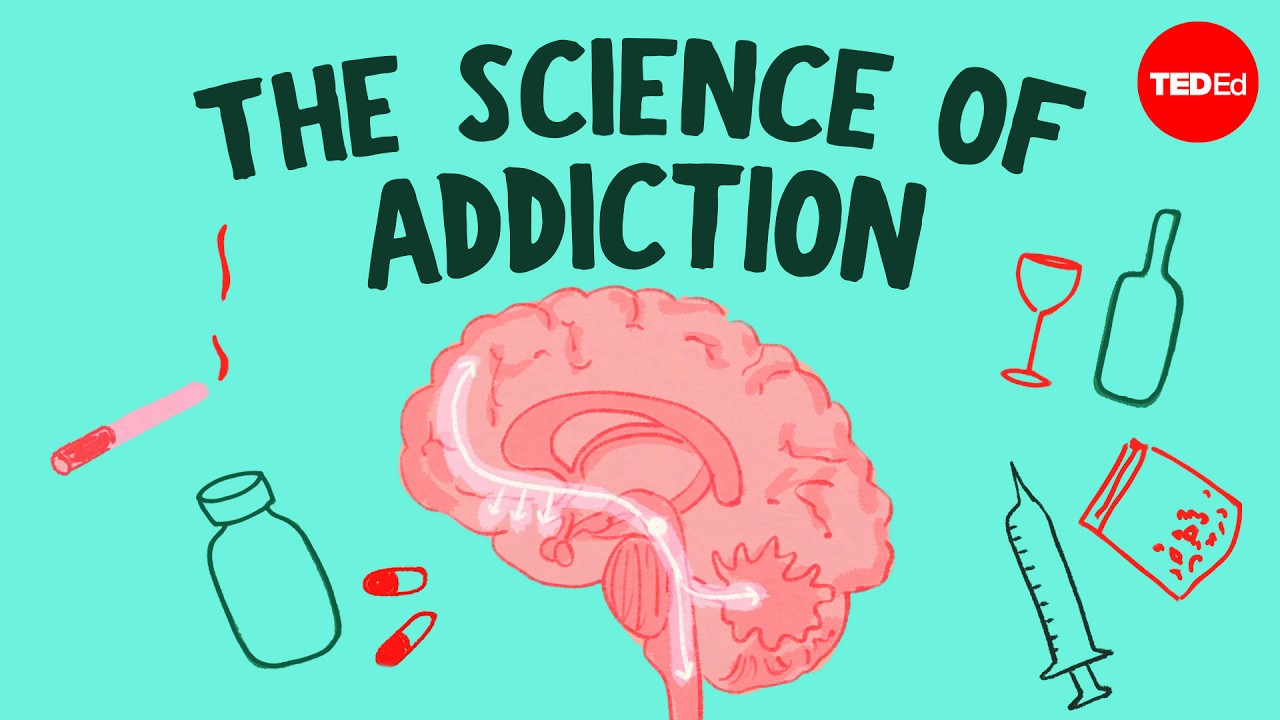
Innovative Approaches to Addiction Treatment for Teenagers
The teenage years are pivotal and can shape a young person’s journey with addiction. Addictions treatment for teenagers must be specially crafted to consider their developmental stage. Innovative programs like the Teen Recovery Program at Rosecrance put emphasis on integrating family involvement and peer support. This strategy helps create an empathetic community, fostering an environment of accountability and understanding.
Programs such as the Youth Substance Abuse Prevention Program by the Partnership to End Addiction engage teens through unconditional education and support. These initiatives help them develop personal resilience and coping skills, thus reducing the risk of progression into substance use. Focusing on empowerment and connection transforms the lives of young individuals navigating addiction issues.
It’s heartwarming to see how treatment options are evolving to meet the needs of our youth. Parents need to remain vigilant and proactive, seeking out resources that not only address addiction but also promote overall well-being. Inspirational stories from figures like Lupita Villalobos and Sistine Stallone reveal how expressing unique journeys can foster understanding and compassion in the fight against addiction.

The Long-Term Impact of Effective Treatment
Effective addictions treatment goes beyond mere abstinence; it fosters lasting change. Studies from the National Institute on Drug Abuse indicate that ongoing support and aftercare dramatically improve recovery outcomes. To ensure success, treatment models often include:
The heartening truth is that through committed support and innovative approaches, individuals can reclaim their lives from addiction and build a stronger future.

A Vision for the Future of Addiction Recovery
As we look ahead, the paradigm of addiction treatment must continue to evolve with an emphasis on empathy, understanding, and integration. Our vision is clear: to bolster individuals and families impacted by addiction on their journey to lasting recovery.
This holistic approach ensures we aren’t merely addressing addiction in isolation but rather its broader context. We aspire to create a future where recovery is not just seen as an endpoint, but as a transformative experience—an opportunity for growth that resonates forever for families and individuals alike.
For parents grappling with the pain of addiction, remember that organizations like Mothers Against Addiction stand ready to walk with you. There’s power in solidarity, and together we can transform lives forever. Read more about different treatment options and communities that make a difference, such as Psylosibin for therapeutic use and cannabis use in recovery. Stay informed; even small knowledge can spark change.
Transformative Addictions Treatment: Fun Facts and Trivia
The Power of Addictions Treatment
Did you know that successful addictions treatment can lead to astonishing life changes? Many people think that overcoming addiction is a long and arms-length journey, but the stats tell a different story. For instance, studies show that about 40-60% of individuals with substance use disorders can achieve long-term recovery through structured programs. Treatments like therapy, support groups, and in some cases, medication, play a significant role. Speaking of which, there’s a growing conversation around Opioid Meds and their use in treatment protocols. If you’re interested, check out this resource on how they’re being employed in recovery efforts.
The Surprising Connection to Pop Culture
Now, here’s a fun tidbit: pop culture often reflects the serious nuances of addiction and treatment. Remember the lovable characters from “Bluey”? That animated show subtly weaves themes that resonate with families—like communication and emotional support—which are essential during recovery. Families who engage with their children through relatable content, such as what happens in the playful atmosphere of the Bluey house, often find healthier ways to cope with adversities. It’s these small insights that can build resilience in both parents and kids.
Understanding Cannabis and its Impacts
When discussing addictions treatment, cannabis use is a hot topic these days. Many assume that if something is natural, it must be harmless. However, each person is unique, and cannabis can have varying effects that may complicate treatment for some individuals. For deeper insights, check out our guide on cannabis use. Interestingly, there’s a term called Scromiting, which combines screaming and vomiting that some individuals experience when misusing cannabis. It’s a stark reminder of how treatment strategies must adapt to the many facets of substance use.
A blend of knowledge, community support, and culturally relevant discussions makes a significant difference in how we approach addictions treatment today. By embracing these aspects and incorporating trivia-style facts into our conversations, we can foster a more comprehensive understanding of addiction and recovery for everyone involved.
